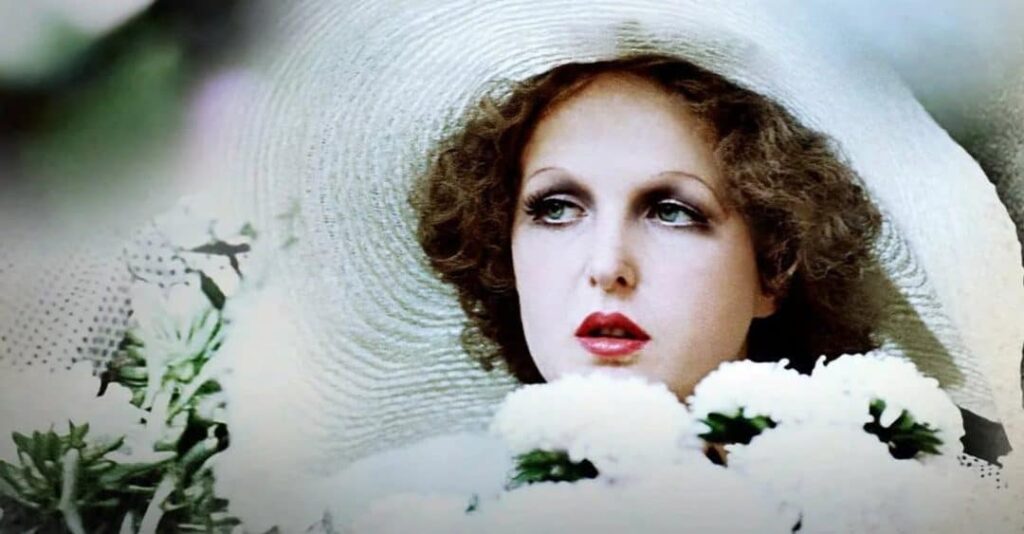
Nikita Mikhalkov’s film A Slave Of Love (1976) uses cinema history as a launching pad for a Chekhovian drama that critiques the Bolshevik revolution. Set during the summer of 1918, during the height of the Russian Civil War, A Slave Of Love tells the story of a film being shot in Odessa and the effect that the revolution has on the cast and crew members. Stylistically A Slave Of Love is an obvious antecedent to Mikhalkov’s Oscar winning epic Burnt By The Sun (1994).
The historical basis of A Slave Of Love is largely imagined; taking a fanciful approach to movie stardom that serves more as a class critique than as historical representation. A Slave Of Love is a film that sees corruption on both sides of the conflict with Olga Voznesenskaya (Elena Solovey) functioning as the medium through which these hypocrisies are explored. Voznesenskaya’s self-centeredness works as a bastion against political influence, prompting her politically opposite suitors to exert great efforts in order to try and win the famous actress over to their respective causes.
Inevitably Mikhalkov has Voznesenskaya side with the Bolsheviks, keeping with his bittersweet view of Russian history. But for all of Mikhalkov’s Romanticism, A Slave Of Love is as much a celebration of the cinema as it is an homage to revolutionaries. The sun drenched frames of idleness and leisure pinpoint the luxury of stardom that contrasts with the starker, cooler color palettes of the scenes of political violence. Voznesenskaya and her world are in one moment all escapism and the next the stuff of inspiration for an army of Bolsheviks dedicated to the moral ideals epitomized by Olga Voznesenskaya’s own on-screen persona.
There’s something Frank Capra-esque about Mikhalkov’s politicking in A Slave Of Love. Though there are ambiguities present in the representation of both the right and the left, Mikhalkov never really complicates his issues. The simplicity of Mikhalkov’s belief in the power of cinema to affect political and moral change is genuinely moving if not a bit naive.
A Slave Of Love is one of Mikhalkov’s most charming and accessible features to be sure, but it lacks the visual power and ingenuity of A Few Days from the Life of I. I. Oblomov (1980) or the assured minimalism of Five Evenings (1978). As a cinematic stylist Mikhalkov is still cutting his teeth with A Slave Of Love so it feels more deliberate and ultimately plastic.
